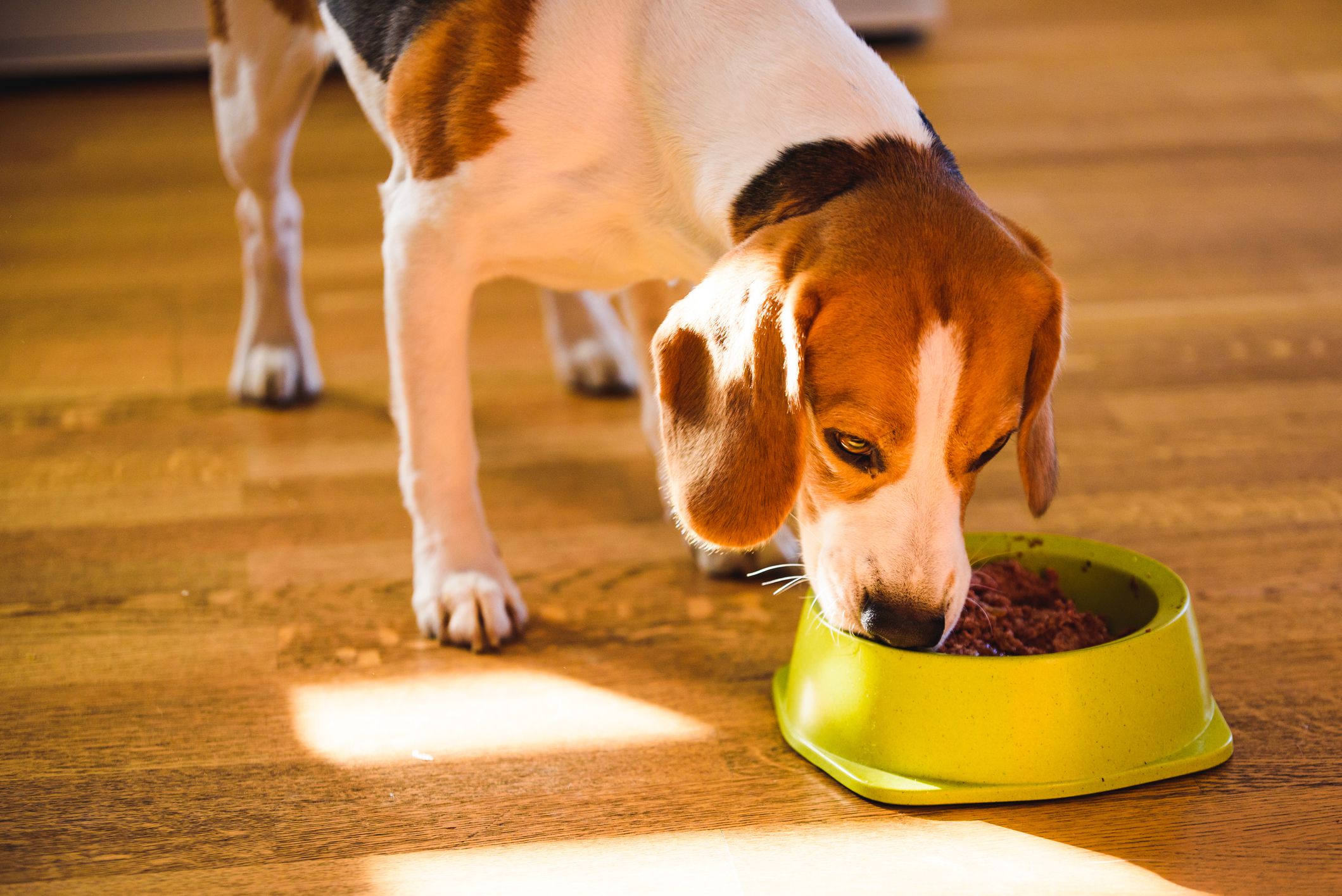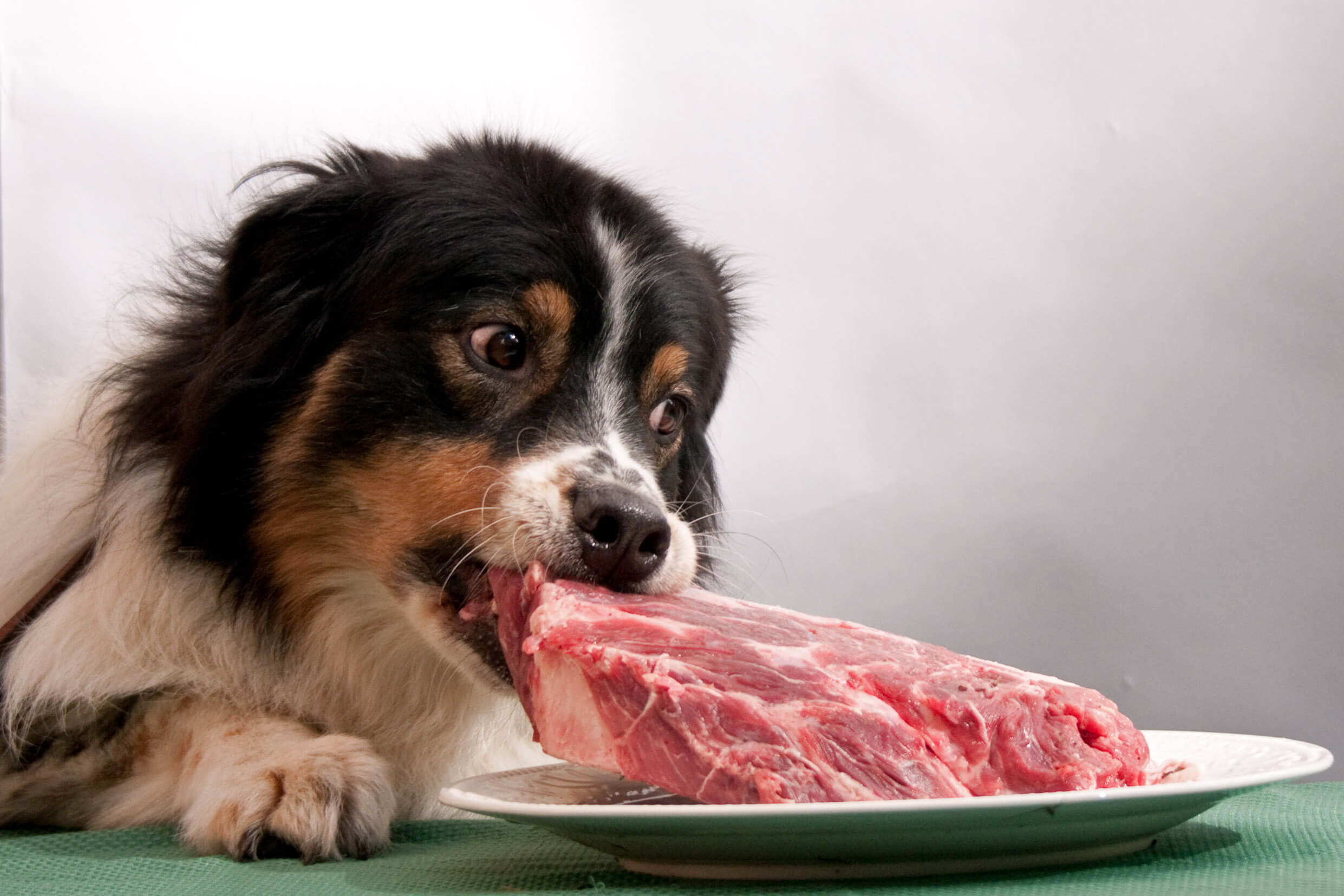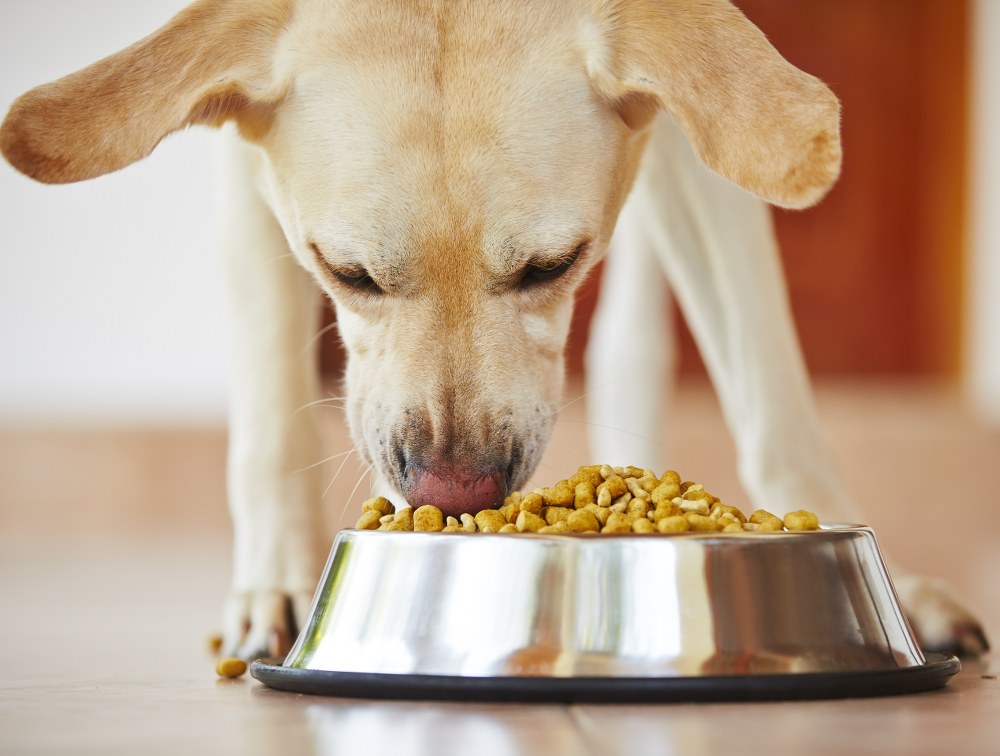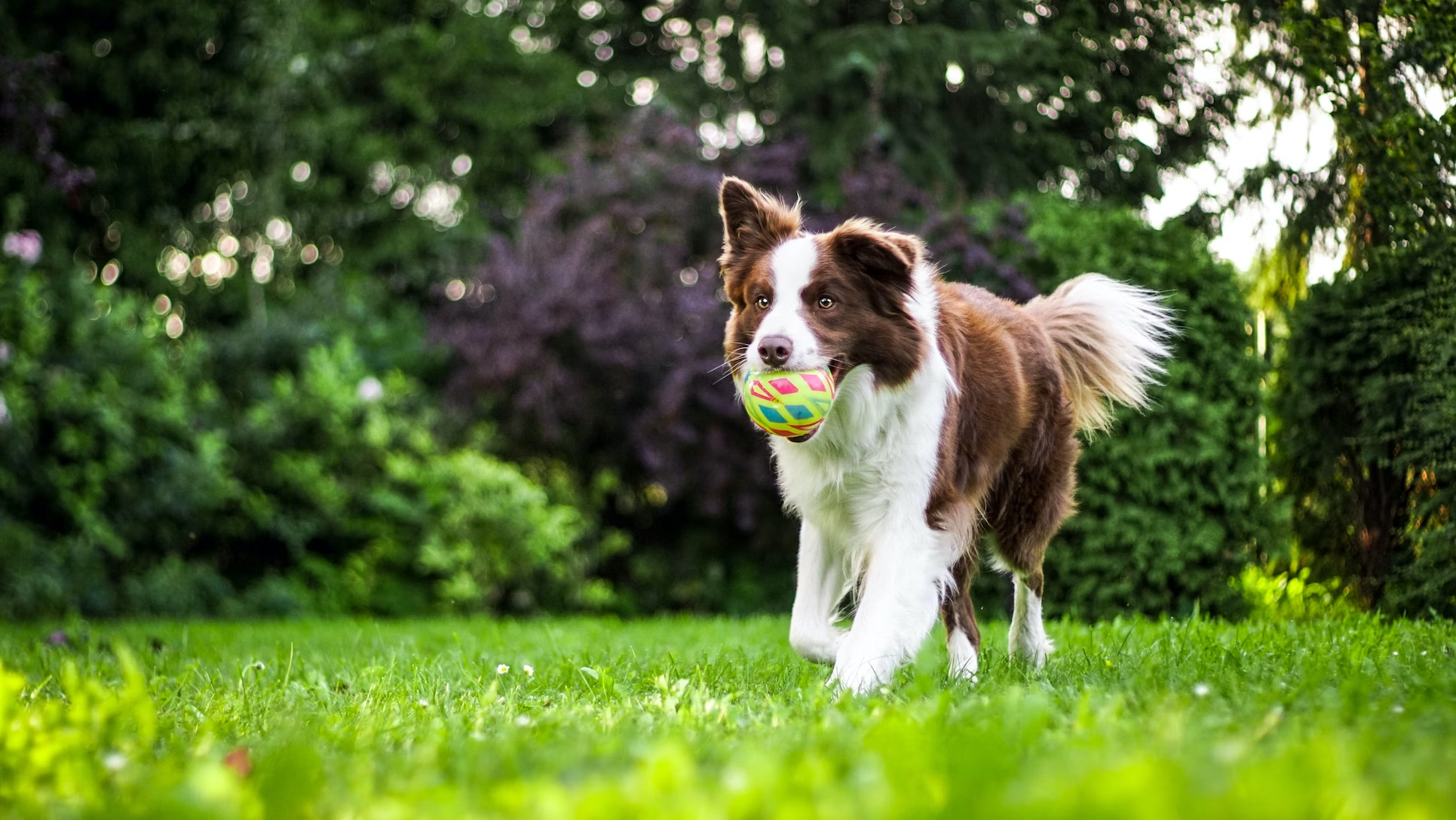When a beloved canine companion becomes noticeably underweight, it stirs deep concern for attentive owners. Safely adding healthy pounds to a skinny dog requires more than just increasing food. A thoughtful step-by-step approach identifies underlying causes, selects optimal veterinary-guided nutrition, and regularly monitors progress to restore weight without harm. Arm yourself with science-based guidance to nourish and rehabilitate your underweight dog.
Scheduling a Full Veterinary Workup
The first step upon noticing your dog’s weight loss or emaciated body condition is promptly scheduling a complete veterinary exam and diagnostic testing. Bloodwork, fecal exams, dental evaluations and other assessments help determine if an underlying medical issue is causing appetite changes or poor nutrient absorption:
- Complete blood count checks for conditions like kidney failure, diabetes, parasites, cancer or thyroid dysfunction.
- Fecal exams detect gastrointestinal parasites impeding proper nutrient absorption.
- Full dental exams identify painful cavities or gum disease inhibiting eating.
- Imaging like x-rays spot internal issues like foreign objects or tumors.
Once any health problems are identified and treated, focus shifts to tailored nutritional rehabilitation remedies.

Choosing the Right Veterinary-Recommended Diet
To energize healthy weight gain, select a highly digestible dog food formulated for added calories and optimal nutrition. Good choices include:
- High-quality puppy food containing more protein, fat and calories for growth.
- Senior dog food with soft, palatable kibble that is easier to ingest and digest.
- Veterinary prescription weight gain diets with maximum caloric density and bioavailable nutrients.
Avoid low-fat, high-fiber diets when the goal is increasing body weight. Look for small, frequent meal portions to prevent stomach upset.
Supplementing with Nutrient-Dense Add-Ins
After consulting your vet, boost calories further by stirring in, or syringe feeding, calorie-rich supplemental mix-ins like:
- Cottage cheese
- Coconut oil
- Plain yogurt
- Canned kitten food
- Baby food meats
- Scrambled eggs
- Natural peanut butter
Ensure any people food is specifically pet-safe. Carefully weigh risks if known food allergies exist.

Ruling Out Underlying Physical or Mental Health Issues
Persistent disinterest in food and weight loss despite tailored diets and enticing add-ins warrants revisiting diagnostic testing for underlying illness. Eating issues can also stem from:
- Depression or anxiety inhibiting appetite.
- Missing nutrients like vitamin B deficiency causing loss of appetite.
- Food intolerance or gastrointestinal issues creating discomfort.
- Oral or dental pain making eating unappealing.
Address any physical or mental health issues uncovered before proceeding with weight restoration efforts.
Working Closely With Your Veterinary Team
To ensure nutrition and exercise plans effectively restore lost weight in a safe timeframe, regular weigh-ins and monitoring are essential. Follow your vet’s guidance on ideal healthy weight goals, timeline, and calorie intake. With science-based support, a thin, lethargic dog transforms into a restored energetic, healthy companion at their perfect weight.



